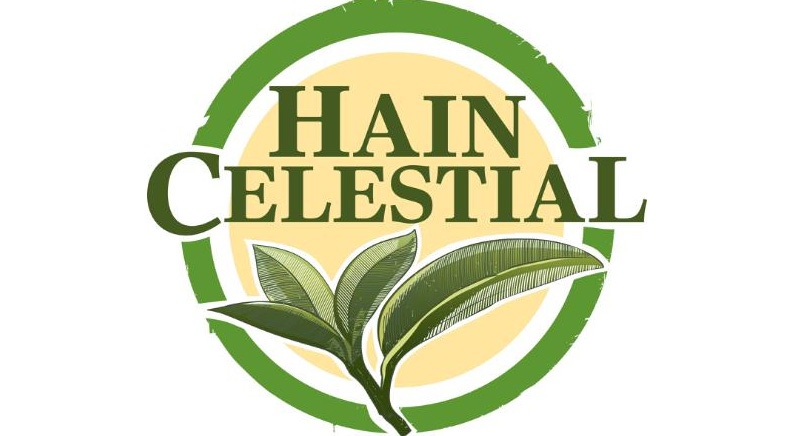Hain Celestial CEO pleased with quick results, staff's resiliencyHain Celestial CEO pleased with quick results, staff's resiliency
Mark Schiller expounds on piloting the worldwide health and wellness company away from the red and through the pandemic.

Just two years ago, Mark Schiller took the helm of Hain Celestial to turn the tanker toward profitability.
In part because of the novel coronavirus pandemic and in part despite it, the global health and wellness company has improved its gross margin. Schiller discussed the company's progress Tuesday with Rob Dickerson, a managing director at Jefferies LLC, during the financial firm's West Coast Consumer Conference, which was conducted online.
A week ago, Hain Celestial released its Q1 2021 earnings report, which showed the company increased its net sales 3% to $498.6 million from a year ago; gross margin 23.9%, a 360-basis- point increase from Q1 fiscal 2020; and adjusted net income of $27,4 million compared with $8.4 million a year ago.
The growth wasn't entirely due to the novel coronavirus pandemic, either.
"We've been able to move much farther much faster on margin enhancement than I originally had assumed," Schiller said Tuesday. He implemented a three-year strategic plan in late 2018 to reduce brands and SKUs, simplify the company and increase profitability.
In Q3 2020, which ended March 31, Hain Celestial reported top-line growth—the first time in 10 consecutive quarters.
The company's "get bigger" brands—best-selling brands that could sell more—are gaining market share, Schiller said. In addition, the company's household penetration rate and repeat rate both were higher in Q1 2021 than in Q4 2020.
Of course, Hain faced many of the same COVID-19-related challenges as other food companies: keeping employees safe; meeting increased demand; and dealing with "umpteen" unforeseen issues, he said.
"The fact that we've thrived in such a challenging environment is something I'm very proud of," Schiller said Tuesday.
Hain's staff has been very resilient and responsive in the face of so many changes, as well as the pandemic.
"They were excited to go on the journey. The put in the hours and the time and the sweat equity to make it happen," he said.
Hain Celestial wasn't the company Schiller expected to find
When Schiller replaced Hain Celestial founder Irwin Simon in November 2018, he found what he often refers to as holding company, not a food company. Speaking with Dickerson, he expanded on his description.
"When I got here, I expected that we'd have more processes in place and it would just be about refining and refocusing," Schiller said.
Instead, he found that as Hain Celestial expanded and bought up various food manufacturers, it never integrated them into the core business.
Retailers have had to juggle different ordering platforms for different products. Hain was shipping products out of 40 locations, he said.
"You couldn't put them on the same truck," Schiller said.
Beginning in the third quarter, all of Hain's products—Alba skin and hair care to Terra Chips—will be available to order on the same platform and shipped from the same distribution centers.
After running a pilot program with a retailer that Schiller didn't name, Hain has been able to send trucks that are 80% full instead of 15% percent full.
"The [profit and loss] impact of that is fairly significant; it's meaningful," Schiller said. In addition to creating more paperwork and increasing transportation costs, that system was bad for the environment and difficult for retailers to navigate.
He expects to offer retailers discounts for ordering more products, something that's common in consumer packaged goods.
"We never had the ability to combine things, so we never gave people the incentive to combine things and fill up trucks," Schiller said.
"The improvement is significant and the improvement in our relationship—we're so much easier to do business with."
About the Author
You May Also Like





